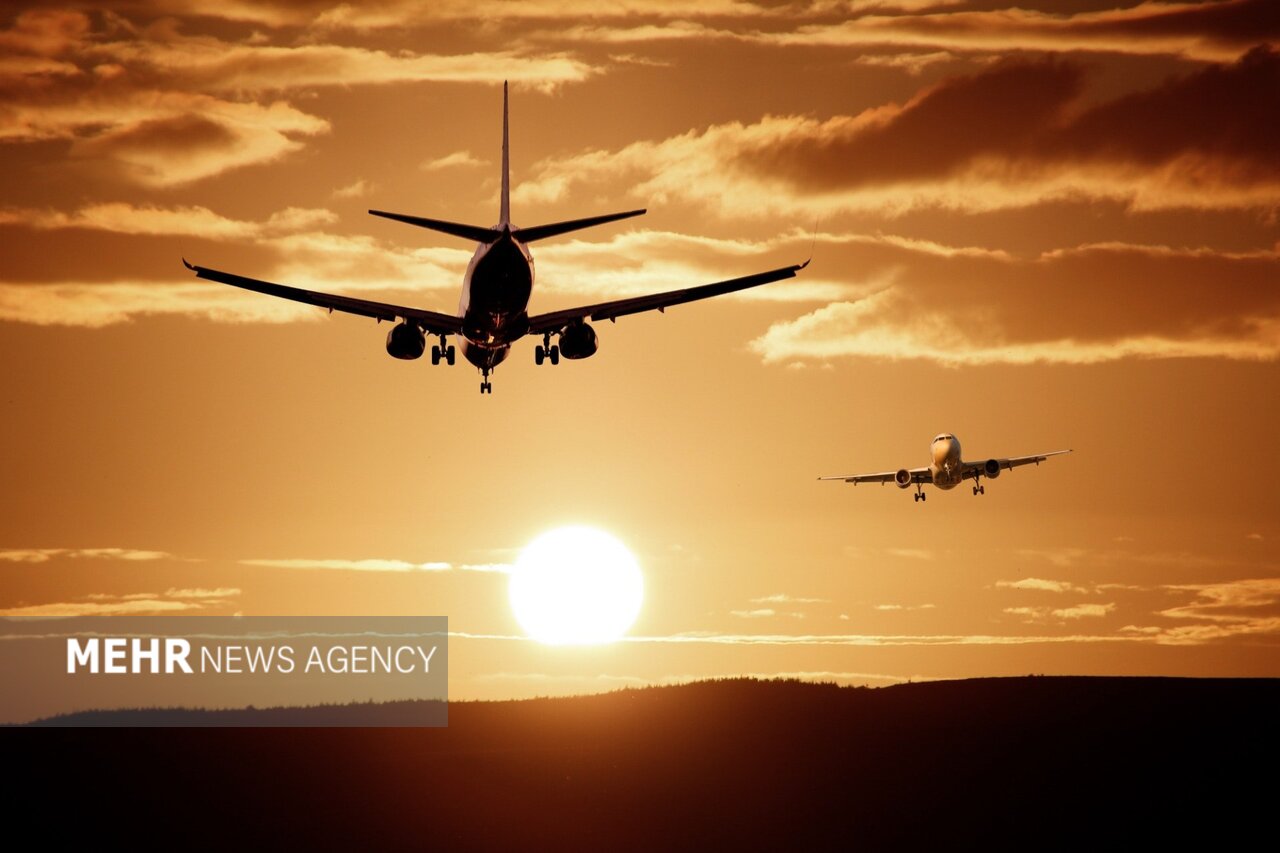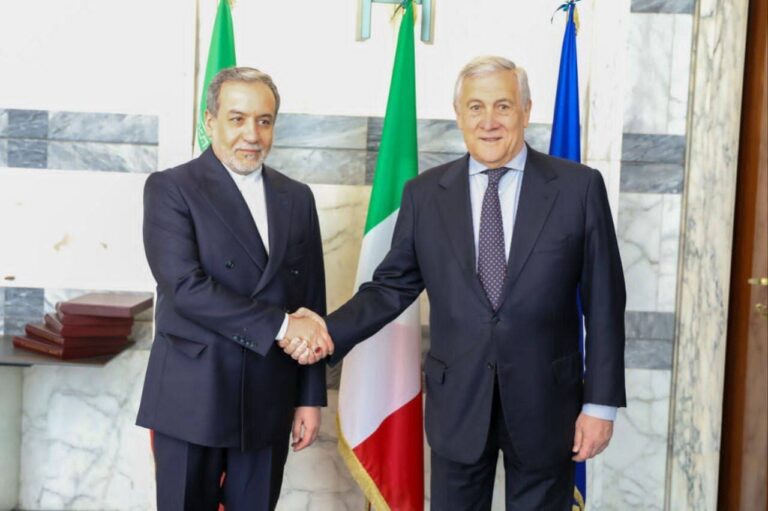Flight Disruptions: More Iran-Beirut Routes Suspended Due to Permit Delays
In recent events surrounding the ongoing tensions in the Middle East, the cancellation of Iranian flights to Lebanon has sparked significant controversy and public unrest. The situation escalated further as a flight to Lebanon was canceled on Friday morning, following a series of suspensions reported the previous day. According to Lebanese media outlet Al Mayadeen, the Civil Aviation Organization and Mahan Air are actively working to secure the necessary permits to resume flights to Lebanon.
The Civil Aviation Organization of Iran released a statement confirming that Iranian flights to Lebanon have been halted due to “temporary stepped-up security at the airport,” as communicated by the Lebanese Civil Aviation Organization. This development has raised concerns among various stakeholders.
The spokesperson for the Iranian Ministry of Foreign Affairs issued a strong condemnation of the actions taken by the “Zionist regime,” calling them an infringement on Lebanon’s national sovereignty and a threat to its aviation sector. The situation intensified on Thursday night when an Iranian plane was denied landing permission in Beirut, leading to protests and roadblocks near the airport.
Key points about the situation include:
- The denial of landing rights has triggered widespread public outcry in Lebanon.
- Protests erupted as Lebanese citizens expressed their frustration over the government’s inability to secure flight permissions.
- Allegations have surfaced regarding the Israeli military’s claims that Beirut Airport is being misused to transfer funds to Hezbollah.
One Lebanese citizen, stranded at Tehran airport, appealed to the Lebanese authorities, stating, “Our bags contain sweets and clothes.” This heartfelt plea urged the Lebanese president, parliament speaker, and prime minister to take swift action to resolve the issue.
Lebanese MP Ibrahim al-Mousawi commented on the situation, highlighting the “persistent violations of Lebanese sovereignty” by Israel. He emphasized the role of the international community, particularly the United States, in enabling these aggressions, stating, “This is entirely condemnable and must be met with widespread denunciation from all in Lebanon.” Al-Mousawi called for unity among all political factions to hold relevant international institutions accountable for their responsibilities in curbing Israeli aggression against Beirut-Rafic Hariri International Airport.
Failure to act, he warned, could embolden Israel to continue its unchecked aggressions. The protests intensified on Thursday, with demonstrators blocking access to Beirut’s Rafic Hariri International Airport in response to the authorities’ decision to deny entry to an Iranian flight carrying Lebanese passengers.
Angry protesters voiced their frustrations, accusing the Lebanese government of succumbing to external pressures from the United States and Israel. They expressed their anger through roadblocks and chants of anti-American and anti-Israeli slogans. Tensions escalated as protesters set fire to tires, creating significant roadblocks, while clashes occurred with Lebanese military personnel attempting to clear the area.
Protesters demanded that the Iranian flight be treated like any other flight, emphasizing their right to travel freely. The situation remains fluid, with many calling for immediate action from Lebanese officials to address the grievances of the public and ensure the safe passage of flights to Lebanon.
The backdrop of this incident is characterized by ongoing geopolitical tensions in the region. The dynamics between Iran, Lebanon, and Israel continue to influence air travel and diplomatic relations, leaving many citizens caught in the crossfire. As the situation develops, the hope for a peaceful resolution hinges on the ability of Lebanese authorities to navigate these complex challenges and restore normalcy for their citizens.
In conclusion, the cancellation of Iranian flights to Lebanon is not just a logistical issue; it reflects deeper geopolitical tensions and the ongoing struggle for sovereignty in the region. As the public protests continue and calls for accountability grow louder, the need for a resolution becomes increasingly urgent. The actions taken by Lebanese authorities in the coming days will be crucial in determining the future of air travel and international relations in the area.
As events unfold, it remains to be seen how both local and international stakeholders will respond to the challenges posed by these cancellations and the broader implications for regional stability.






